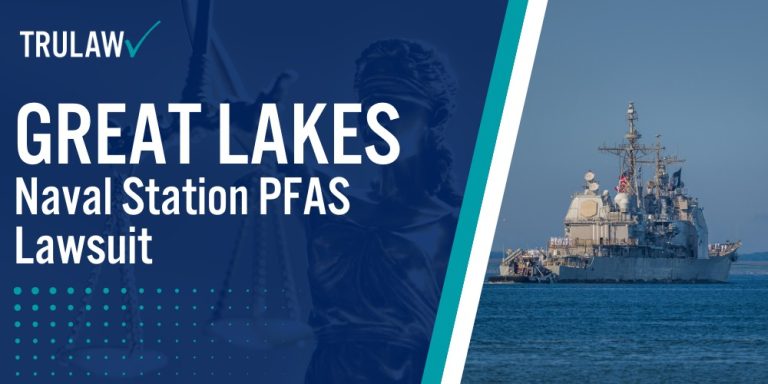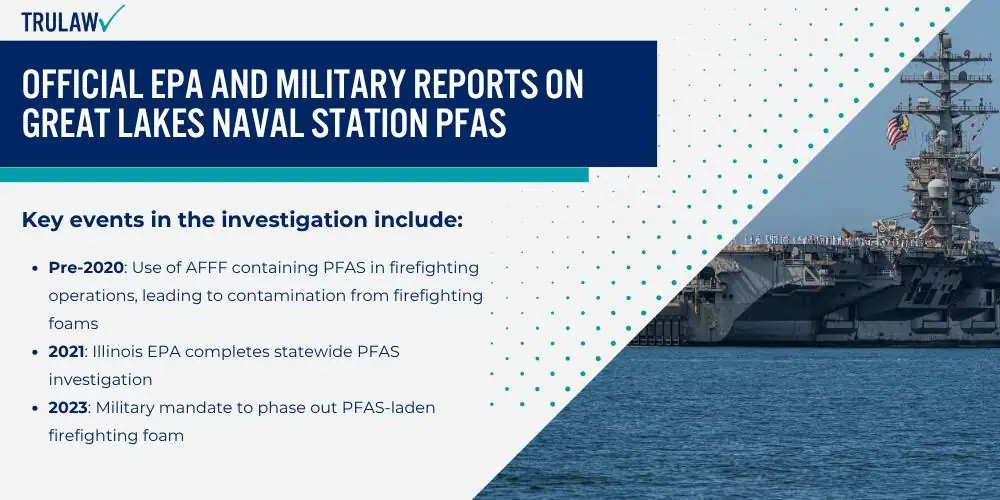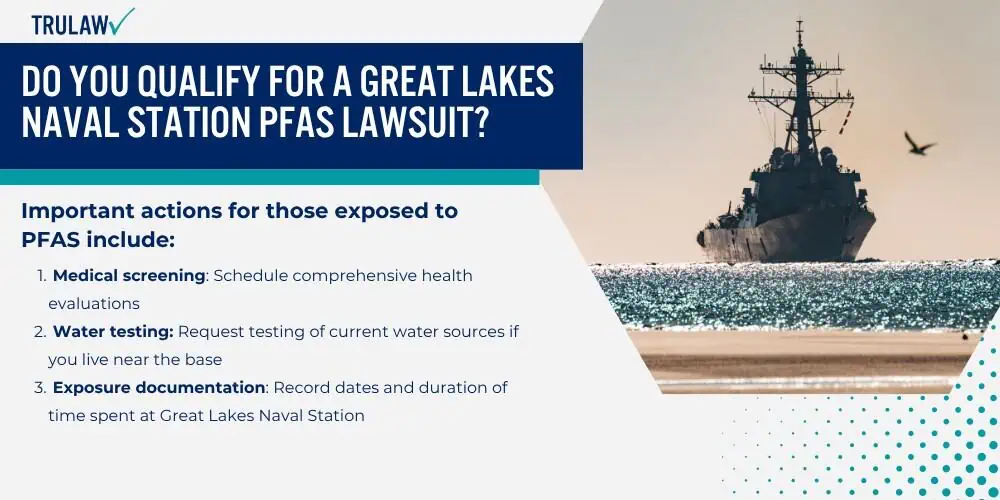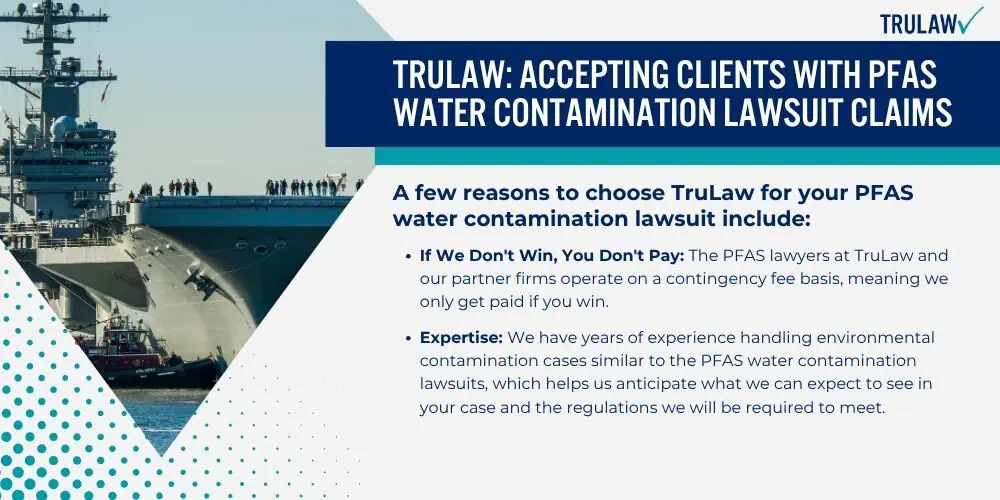In April 2024, the Environmental Protection Agency (EPA) established the first-ever national, legally enforceable drinking water standards for PFAS chemicals.
These new regulations aim to protect public health by limiting exposure to these toxic substances, which have been linked to various serious health conditions.
The Illinois Environmental Protection Agency has implemented even stricter standards than federal guidelines, particularly for military installations like Great Lakes Naval Station.
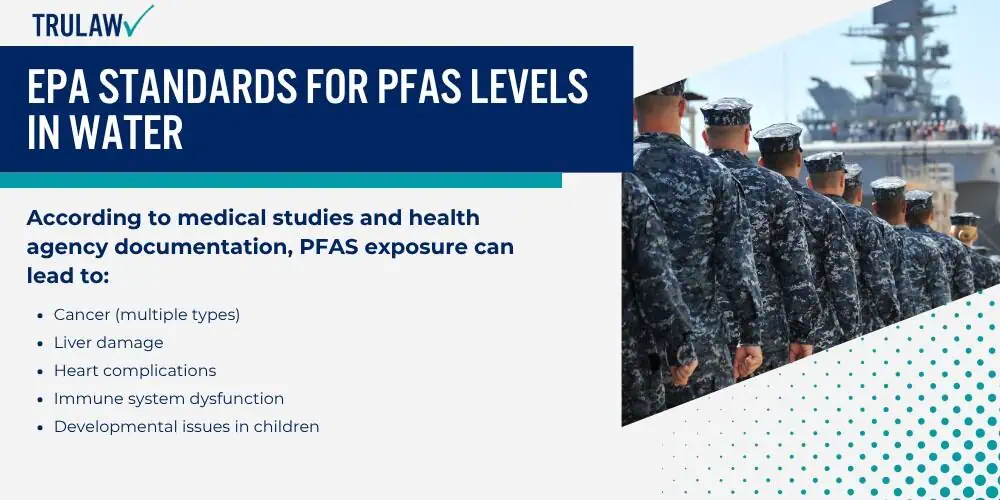
These state-specific regulations reflect growing concerns about PFAS impacts on public health and the environment.
The EPA’s regulation requires public water systems to monitor for these chemicals and take immediate action when levels exceed these limits, with particular attention to areas near military installations where PFAS contamination is often most severe.
Health Effects of PFAS Exposure: Serious Health Risks, Symptoms & Conditions
Scientific research has linked PFAS exposure to numerous serious health conditions, particularly concerning for communities around Great Lakes Naval Station where contamination has been documented.
According to medical studies and health agency documentation, PFAS exposure can lead to:
- Cancer (multiple types)
- Liver damage
- Heart complications
- Immune system dysfunction
- Developmental issues in children
- Reproductive problems
- Increased cholesterol levels
- Thyroid disruption
- Kidney disorders
- Birth defects
- Other serious health risks
The severity and likelihood of these health effects correlate with both exposure levels and duration.
For communities around Great Lakes Naval Station, where PFAS contamination has been confirmed, these health risks require careful monitoring and medical attention.
Potential Defendants in PFAS Lawsuits
Several major manufacturers and chemical companies face legal action for their role in PFAS contamination at military installations including Great Lakes Naval Station.
Primary PFAS manufacturers include, but are not limited to:
- 3M Company
- DuPont (and its spinoff, Chemours)
- Tyco Fire Products
- Chemguard
- Kidde-Fenwal
- National Foam
- Buckeye Fire Equipment
These companies manufactured PFAS chemicals despite allegedly knowing about their potential health risks.
The lawsuits argue that these manufacturers continued producing and selling PFAS-containing products without adequate warnings about their dangers or proper guidance for safe disposal.
Military installations like Great Lakes Naval Station used aqueous film forming foam (AFFF) containing PFAS chemicals from these manufacturers for decades in firefighting operations and training exercises, leading to widespread contamination of soil and groundwater.
